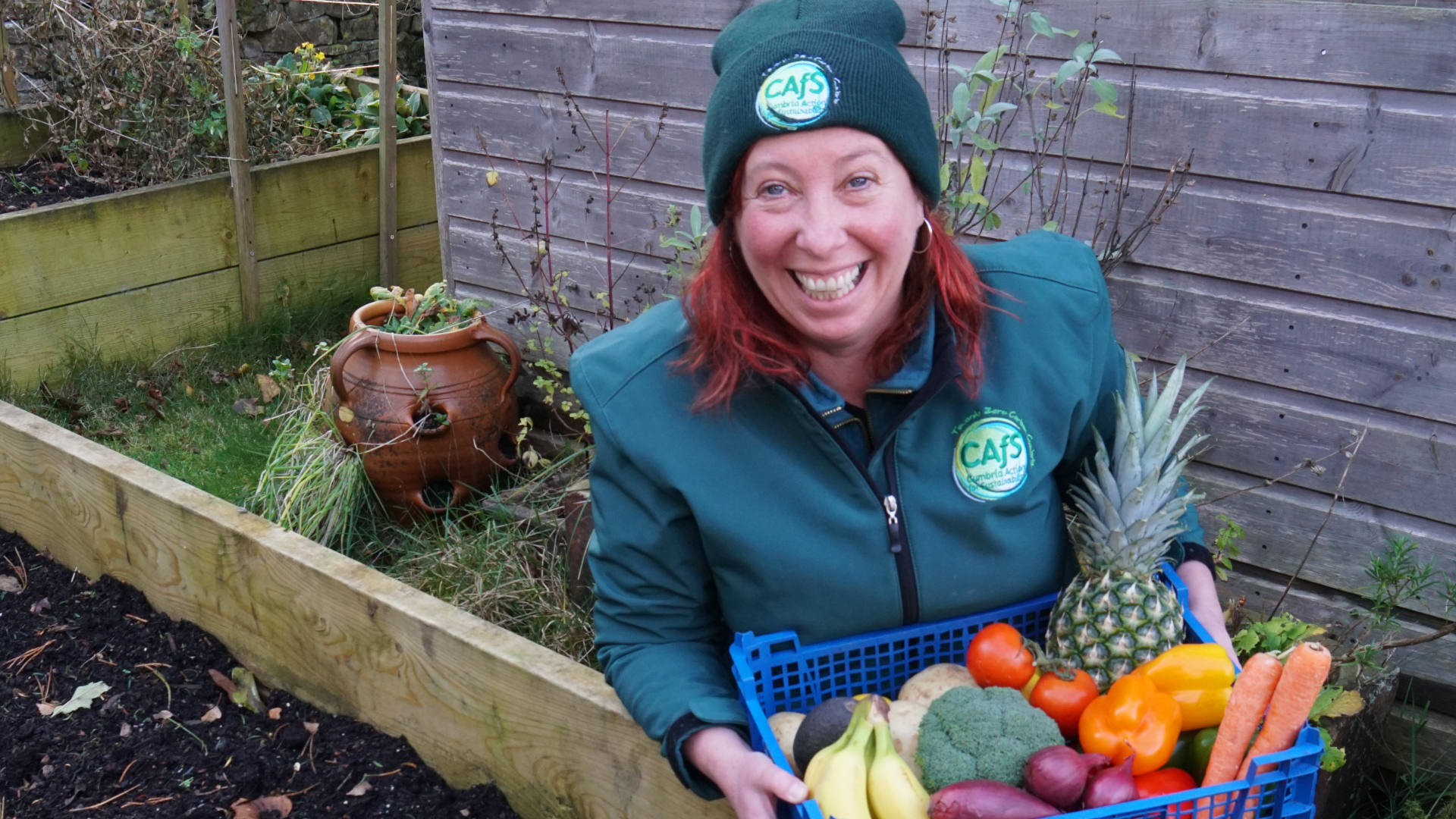A feasibility study into community food growing and the development of a food-growing enterprise on Alston Moor is now under way.
Congratulations to Vista Veg, the Eden food-growing cooperative appointed by CAfS to carry out the study after a tender process in December.
As a first step, we now want to hear from businesses on Alston Moor that buy or sell food, in particular businesses that either:
- Sell fruit and vegetables, honey, herbs or dairy produce directly to the public, or
- Buy any of those products for use in their kitchen, café, pub, restaurant, accommodation, etc.
We want to build a picture of where produce currently comes from, to evidence the need for local demand and supply that could be met by a local food-growing enterprise.
We’re also very keen to hear from farmers or landowners who may be interested in diversifying into food growing.
How this food study came about
The Alston Moor Community Plan consultations led by Alston Moor Partnership identified a real desire among local people to grow their own fruit and vegetables, and a need to support them to achieve this – not least because of the challenging climate on Alston Moor. So, as part of the Alston Moor Greenprint, we’re looking into covered community growing spaces to make this happen.
The Greenprint project is working with consultant Lynn Barnes from Vista Veg Ltd, which is based in Crosby Ravensworth. Lynn will be sharing her wealth of skills and experience to look at viable options for growing at altitude.
Developing a food-growing enterprise with the potential to provide jobs and training would also be a huge asset on Alston Moor. The feasibility study will look at how this could have a real impact on the local economy, build knowledge and skills and putting local food producers in control of the mechanisms and policies of food production and distribution.
The additional introduction of onsite sustainable energy sources such as biomass, micro anaerobic digesters or the use of solar PV could provide Alston Moor with a sustainable and financially viable community-owned business.
The bigger picture
Food production is one of the most pressing issues affecting climate change, if not the biggest. The UK needs a food system that supplies adequate levels of healthy food while causing low greenhouse gas emissions. Food and farming needs to have a much more significant role to play in a zero emissions future than has been currently recognised.
As well as contributing to a reduction in fossil fuel use, emissions can be reduced from biological sources, such as livestock and soils. Good land management can limit emissions and provide a certain level of carbon capture. A switch to lower emitting and less land-intensive foods is necessary in order to achieve this. (There’s more on this in the Zero Carbon Britain research.)
Please get in touch with the Greenprint manager, Roe Baker, if you are interested and would like to know more: [email protected].

